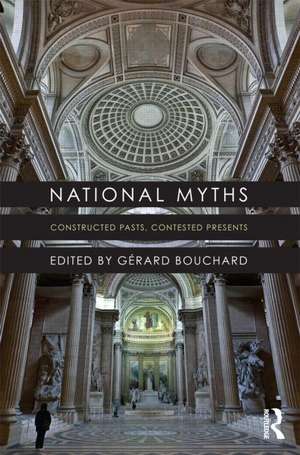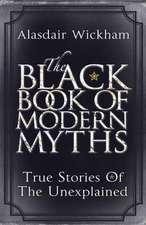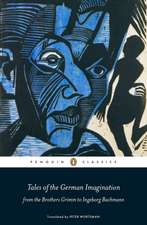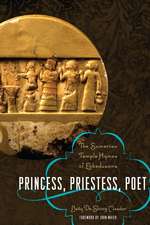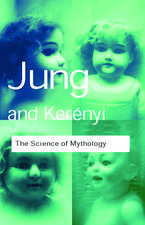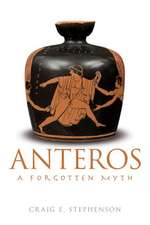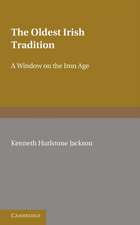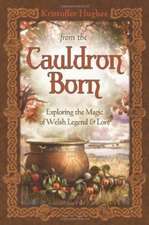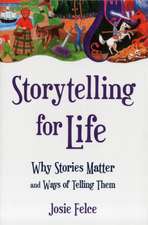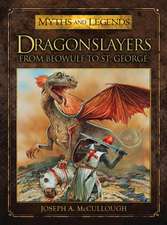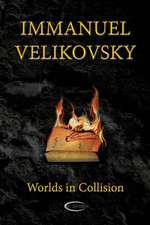National Myths: Constructed Pasts, Contested Presents
Editat de Gérard Boucharden Limba Engleză Paperback – 5 apr 2013
Against this background, National Myths: Constructed Pasts, Contested Presents relies on a sample of nations from around the world and seeks to highlight the functioning of national myths, both as representations that make sense of a collectivity, and as socially grounded tools used in a web of power relations. The collection draws together contributions from international experts to examine the present state of national myths, and their fate in today’s rapidly-changing society. Can – or must – nations do without the sort of overarching symbolic configurations that national myths provide? If so, how to rethink the fabrics and the future of our societies?
This book will appeal to students and scholars interested in sociology, national, identity and memory studies, myths, shared beliefs, or collective imaginaries.
| Toate formatele și edițiile | Preț | Express |
|---|---|---|
| Paperback (1) | 422.04 lei 6-8 săpt. | |
| Taylor & Francis – 5 apr 2013 | 422.04 lei 6-8 săpt. | |
| Hardback (1) | 775.07 lei 6-8 săpt. | |
| Taylor & Francis – 5 apr 2013 | 775.07 lei 6-8 săpt. |
Preț: 422.04 lei
Nou
Puncte Express: 633
Preț estimativ în valută:
80.76€ • 84.54$ • 66.82£
80.76€ • 84.54$ • 66.82£
Carte tipărită la comandă
Livrare economică 05-19 aprilie
Preluare comenzi: 021 569.72.76
Specificații
ISBN-13: 9780415631129
ISBN-10: 0415631122
Pagini: 320
Ilustrații: 8 b/w images, 6 tables and 8 halftones
Dimensiuni: 156 x 234 x 18 mm
Greutate: 0.59 kg
Ediția:1
Editura: Taylor & Francis
Colecția Routledge
Locul publicării:Oxford, United Kingdom
ISBN-10: 0415631122
Pagini: 320
Ilustrații: 8 b/w images, 6 tables and 8 halftones
Dimensiuni: 156 x 234 x 18 mm
Greutate: 0.59 kg
Ediția:1
Editura: Taylor & Francis
Colecția Routledge
Locul publicării:Oxford, United Kingdom
Public țintă
Postgraduate and UndergraduateCuprins
Acknowledgments. List of Contributors. Introduction. 1. The Small Nation With a Big Dream: Québec National Myths (eighteenth–twentieth centuries) 2. National Imaginaries in a Globalizing Age: The Case of English Canada 3. The Myth(s) that Will Not Die: American National Exceptionalism 4. Ethnic Myths as National Identity in Brazil 5. Understanding Mexico’s Master Myth: A Case for Theory 6. 1066 and All That: Myths of the English 7. Polish Mythology and the Traps of Messianic Martyrology 8. Myths and National Identity Choices in Post-Communist Russia 9. Myth and the Postnational Polity: The Case of the European Union 10. Transforming Myths, Contested Narratives: The Reshaping of Mnemonic Traditions in Israeli Culture 11. War Room Stories and the Rainbow Nation: Competing Narratives in Contemporary South African Literature 12. Gender, Nehanda, and the Myth of Nationhood in the Making of Zimbabwe 13. War, Myths, and National Identity Formation: Chinese Attitudes toward Japan 14. Lineages and Lessons (for national myth formation) of Japan’s Postwar National Myths 15. Myths of the Nation, Cultural Recognition, and Personal Law in India 16. National Myths: An Overview
Notă biografică
Gérard Bouchard is a Member of the Royal Society of Canada and the Académie des lettres du Québec. He is Professor at the Université du Québec à Chicoutimi. Trained in sociology and history, he has spent over twenty years conducting empirical, multidisciplinary research in various fields of the social and historical sciences. At the same time, he has headed the BALSAC Project, a computerized population register covering the whole population of Quebec up to the 1960s. He is now doing comparative research on social myths and collective imaginaries, for a Canada Research Chair. He has been awarded a number of prestigious distinctions, including the French Légion d’Honneur.
Descriere
National myths are now seriously questioned, if not collapsing, in a number of societies. This collection draws together contributions from international experts to examine the present state of national myths, and their fate in today’s rapidly-changing society. Can – or must – nations do without the sort of overarching symbolic configurations that national myths provide? If so, how to re-think the fabrics and the future of our societies?
